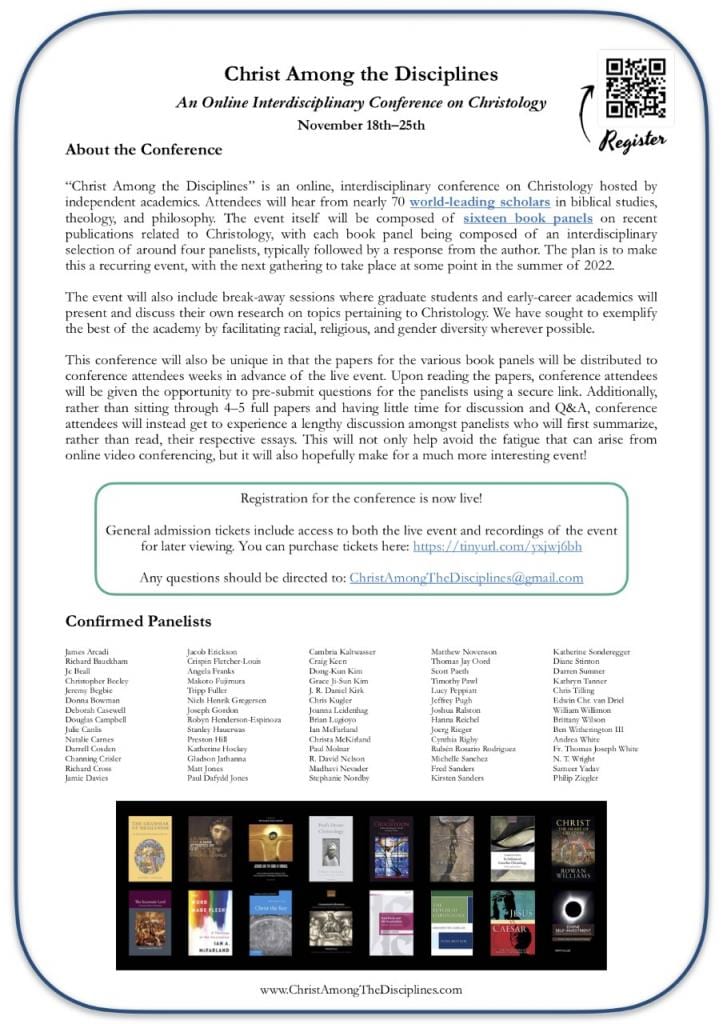https://www.youtube.com/watch?v=XbogEr2mBTA Remember the story of Sisyphus and his rock pushed up the hill? Ash plumes rise In electrified skies Incandescent light Oh, with flash bolt eyes And no one knows why I’ve been drawn to this lie I’m down when they’re high On a survival line In my resolve, I move the rock Maybe fall down trying My ineptitude stares me down In this space, I cower I try to stand above the frame Stand apart, not by it And... Read more

















